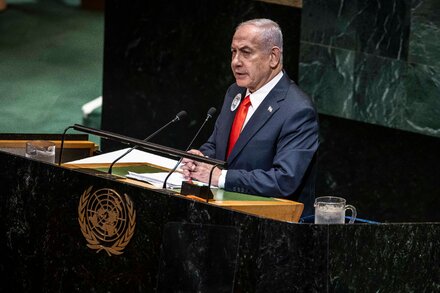Prominent educationist and environmental activist Sonam Wangchuk, a key figure leading a significant protest movement in India’s high-altitude Ladakh region, has been detained by authorities. The detention occurred amidst heightened tensions as Wangchuk spearheaded demands for constitutional safeguards to protect Ladakh’s unique environment and indigenous culture.
Wangchuk, widely recognized for his innovative educational initiatives and environmental advocacy, has been at the forefront of a campaign advocating for Ladakh’s inclusion under the Sixth Schedule of the Indian Constitution. This constitutional provision grants autonomous administrative powers to tribal areas, which activists argue is crucial for preserving Ladakh’s fragile ecosystem and the distinct identity of its people, particularly in the face of increased industrial development and tourism.
The protest movement gained significant momentum following the Indian government’s decision in August 2019 to revoke Article 370 of the Constitution, which had granted special status to Jammu and Kashmir, and to bifurcate the state into two Union Territories: Jammu and Kashmir, and Ladakh. While the move was initially welcomed by some in Ladakh for fulfilling a long-standing demand for Union Territory status, concerns soon mounted over the lack of legislative representation and the potential for unrestricted exploitation of the region’s natural resources.
Wangchuk, known for his peaceful but resolute methods, including symbolic hunger strikes, has consistently articulated the fears of local communities regarding land alienation, demographic changes, and the ecological impact of unregulated development. His campaigns have drawn widespread attention both nationally and internationally, galvanizing support from various environmental groups and civil society organizations.
Details surrounding Wangchuk’s detention remain sparse, with authorities yet to issue a comprehensive statement regarding the specific charges or the exact location of his custody. However, sources close to the movement confirmed his apprehension, which they believe is an attempt to quell the ongoing protests and silence dissenting voices. Supporters of Wangchuk and the Ladakh protest movement have condemned the detention, calling it an infringement on fundamental rights and a move designed to stifle democratic expression.
The detention is expected to intensify the protest movement in Ladakh, potentially leading to further demonstrations and a broader outcry from activists and political figures advocating for greater autonomy and protection for the ecologically sensitive region. The incident places renewed focus on the delicate balance between national development goals and the imperative to safeguard local cultures and environments in India’s diverse territories.
Source: Read the original article here.





